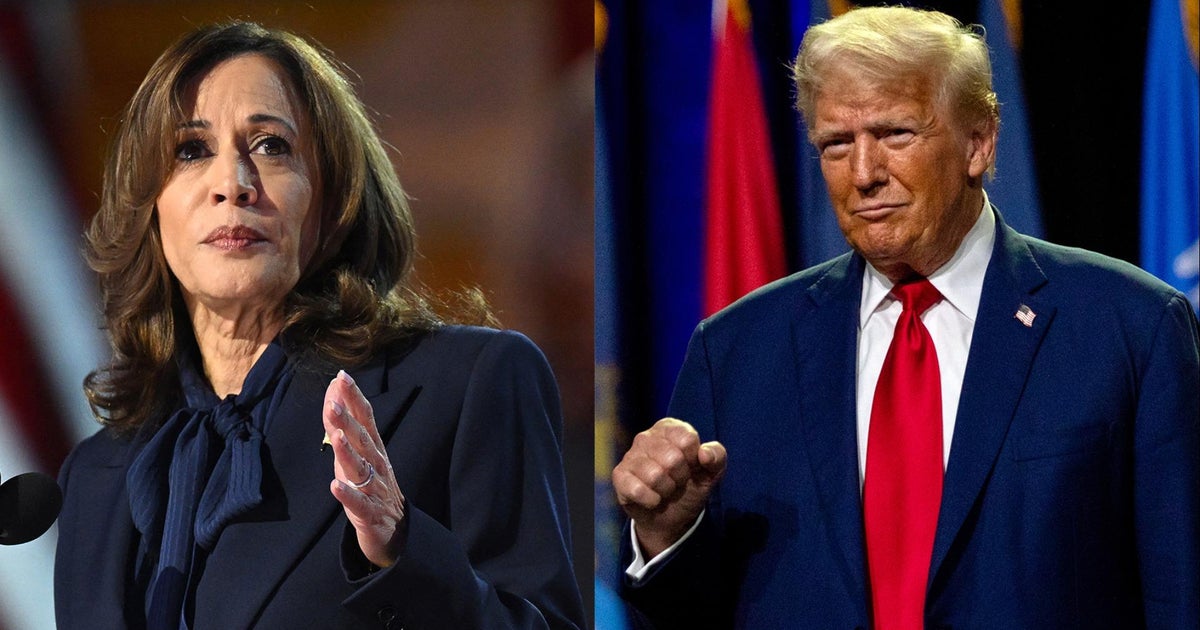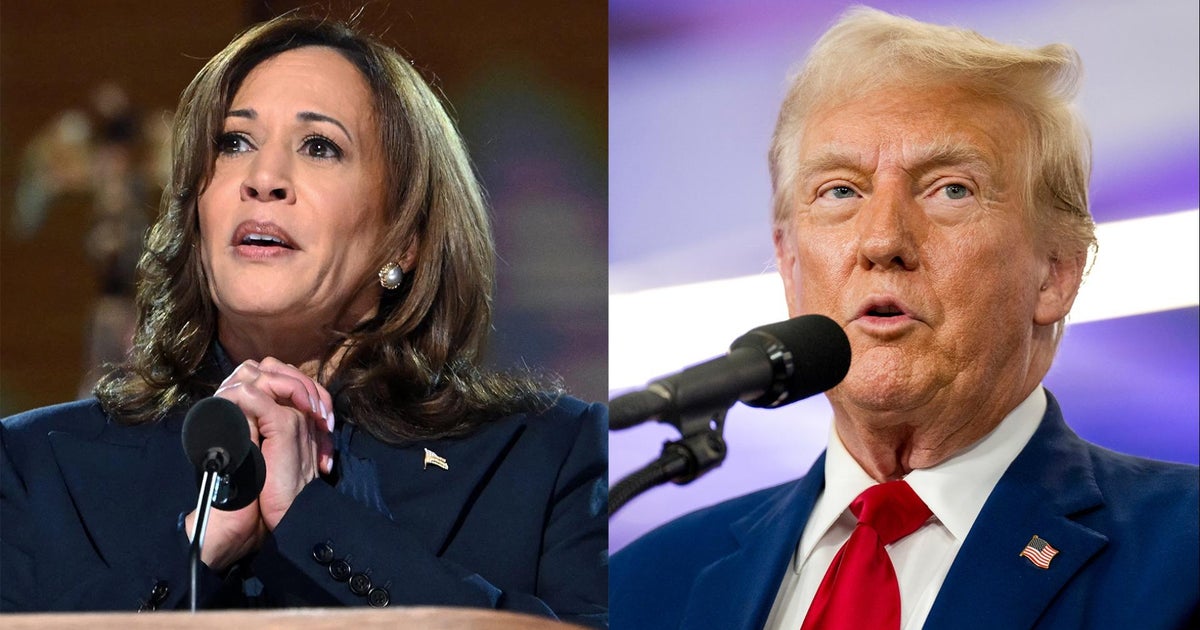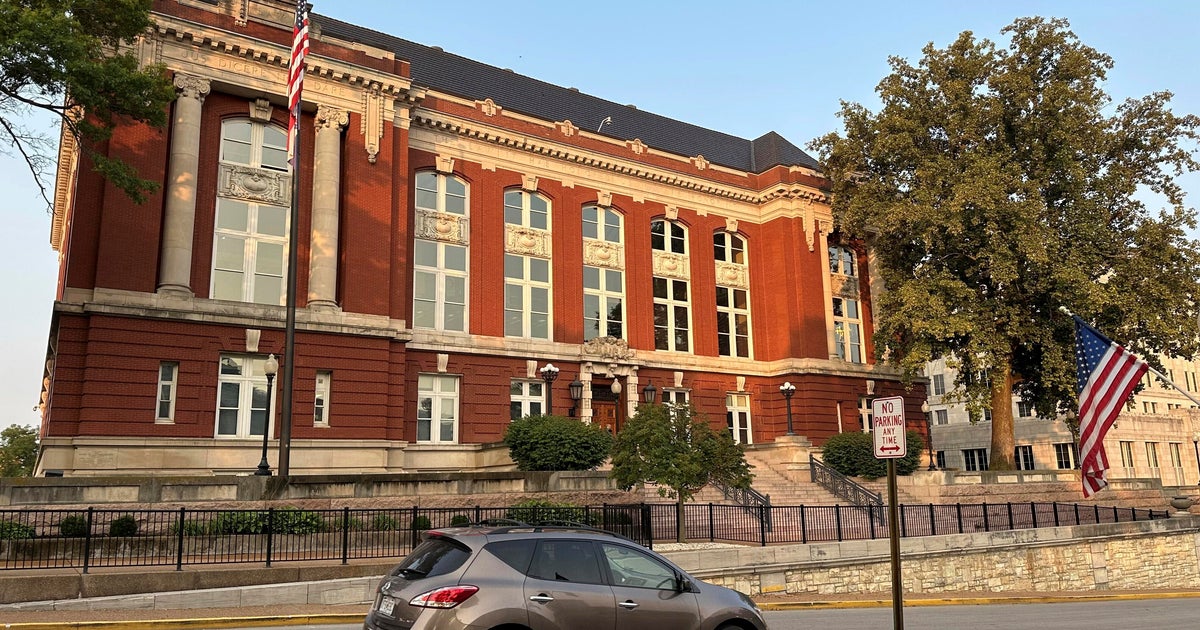The past can be a challenge for people who would rather dwell on the future.
Despite having objected to the 2020 presidential election results from his home state of Pennsylvania, Lloyd Smucker was blistering in his condemnation of the violent Jan. 6 attack on the U.S. Capitol. The Republican congressman said in a statement a few days after the assault that the actions taken “by extremists” were “wholly unacceptable.”
“I fully reject the violence that occurred last Wednesday and support the prosecution of the insurrectionists to the fullest extent of the law,” he said back then.
And even after he voted against impeaching former President Donald Trump for what took place, Smucker conceded that “it was wrong for President Trump to give false hope that led many people to believe that the election results still could have been overturned last Wednesday.”
Today, Smucker is among the majority of Republicans in Congress who have endorsed the former president’s 2024 White House run even after a mob, riled by false claims of a rigged and stolen election, assaulted the U.S. Capitol and brought chaos to the certification of the 2020 presidential contest that Trump had lost.
“I’d be happy to have Trump as president again,” Smucker said, claiming when asked about Jan. 6 he “never called them insurrectionists.”
Among Trump’s supporters are elected GOP leaders who either claim to have not been as harsh in their labeling of the Jan. 6 mob as they really were, or who have backed away from the firm stances they once took when the attack and its horrific toll was fresh on voters’ minds.
“The facts have not changed,” said Democratic Rep. Bennie Thompson of Mississippi, who led a bipartisan committee that investigated the attack. “But the politics have.”
A return to Trump’s side
Although he voted in February of 2021 to acquit Trump in his impeachment trial, GOP Sen. Steve Daines of Montana said in a statement at the time that “the focus must be to arrest and prosecute the domestic terrorists who broke into our Capitol, attacked law enforcement officers, sought to cause harm, and tried to disrupt the peaceful transfer of power.”
“They should be prosecuted to the fullest extent of the law,” he said.
Since then, Daines’ stature in Washington has grown while Trump has failed to fade away. The Montana Republican took over as chairman of the campaign arm focused on winning the Senate majority back for the GOP after a disappointing 2022 midterm performance for the party.
When asked on Capitol Hill last week about his past comment and the people who breached the Capitol, Daines said “I condemn all violence. They were not domestic terrorists.”
Daines has endorsed Trump, who he said “accomplished more in the four years as president than any president I’ve seen in my lifetime.” The best four years he’s had in the Senate happened with the former president in the White House, Daines said.
“I can’t wait to see President Trump back in the Oval Office,” he said.
Republican West Virginia Sen. Shelley Moore Capito told MetroNews the day after the attack that Trump had been convincing people the election was stolen even though the facts did not show that to be true.
“I think the president does own this,” she said then.
Now, Capito is supporting Trump’s 2024 White House run, describing the decision as being about policy. Her stance on whether the president owns what happened on Jan. 6 is far less clear.
“History will make that judgment,” she said.
Attempting to separate Trump from the violence
Just days after the Capitol assault, and objecting to the presidential election results in two swing states, South Carolina Rep. William Timmons said in a statement that “the actions … by those who breached the U.S. Capitol are the very definition of domestic terrorism.”
“There are no excuses for attacking law enforcement, breaking barricades, shattering windows, and busting down doors to gain entry,” Timmons said at the time. “Anyone who was complicit in these acts of domestic terrorism should be prosecuted to the fullest extent of the law. This act of insurrection cannot go unpunished.”
He has since endorsed Trump. And last month, he traveled to New Hampshire and appeared on stage at a Trump rally in a show of support with other South Carolina Republican leaders.
Timmons said in an email last week that “President Trump bears no responsibility for the small number of individuals who broke laws on Jan. 6.”
A CBS News review of court records shows more than 1,200 people have been charged in the investigation of the attack, with the severity of the charges varying. Alleged crimes range from illegal picketing inside the Capitol to assaults on police officers and destruction of government property. So far, over 700 people have pleaded guilty while more than 100 have been convicted at federal trials.
Trump was impeached by the House shortly after the attack for inciting an insurrection, but was acquitted by the Senate. The seven Republicans who voted to convict Trump amounted to the biggest GOP stand against him since he won the White House back in 2016.
His current stranglehold on the GOP has come even as he faces criminal charges in four different cases, including over the actions he allegedly took in trying to overturn his 2020 election loss to Mr. Biden.
The number of his critics within the party continues to dwindle, given the Trump orbit’s focus on ridding the GOP of people who appear to oppose him.
“It’s very clear that President Trump encouraged a interference in the peaceful transition of power and tried to retain his hold on the White House,” said Republican Sen. Mitt Romney of Utah, who voted to convict the former president in the impeachment trial over the attack and later decided not to seek another term in Congress.
An attempt has been made within the GOP to try separating the Capitol attack from Trump’s false allegations about widespread voter fraud. That endeavor has been undercut by the sprawling federal investigation into Jan. 6.
A man from Minnesota named Brian Mock was found guilty after shoving police outside the Capitol.
“I was there because I believed, and still do, that if you’ve got the President of the United States and his lawyers saying there’s evidence of fraud, that should be seen,” Mock said in court last summer, according to an official transcript.
And Zachary Rehl, a member of the far-right Proud Boys who was convicted of the most serious charge connected with the attack, seditious conspiracy, and sentenced to 15 years in prison, said in court that he fell for “lies” about a stolen 2020 presidential election “hook, line, and sinker.”
“Jan. 6 was a despicable day,” Rehl said.
What gets remembered and what gets lost
What happened on Jan. 6 is central to Trump’s legacy, regardless of the attempts to downplay or disregard what happened during the final days of his presidency.
There was his rally at the Ellipse in which he urged for the crowd to walk to the U.S. Capitol where lawmakers were set to certify the 2020 presidential election results despite Trump’s determination to overturn his loss.
“You’ll never take back our country with weakness. You have to show strength and you have to be strong,” Trump said. He added a few moments later, “I know that everyone here will soon be marching over to the Capitol building to peacefully and patriotically make your voices heard.”
And there were the images and video of the pro-Trump rioters storming the Capitol, injuring law enforcement officers, while members of Congress and staff hid for their safety.
Since then, many elected Republicans in Washington have chosen to move on, forget or rationalize.
“It is a dark turn of events that there are Republicans who called the insurrection terrorism or indefensible violence but now today are trying to whitewash it in Donald Trump’s fantasy land,” said Jamie Raskin, a Democratic congressman from Maryland who served on the House Jan. 6 committee. “It’s a very dangerous sign for the Republic because when you try to send a cataclysmic attack on the Republic down the memory hole, it means they are setting us up for the next attack.”
Early in the afternoon on Jan. 6, Rep. Ronny Jackson of Texas, who had served as White House physician earlier in Trump’s presidency, touted on social media about being on hand at Trump’s rally, declaring “American Patriots have your BACK Mr. President! We will FIGHT for YOU.”
After the riot ended, Jackson was among a majority of House Republicans who continued to support failed objections to the presidential election results in Arizona and Pennsylvania. He nonetheless labeled the attack as “a stain on our nation,” in a statement.
Walking out of the Capitol earlier this month, Jackson declared that “President Trump didn’t have a damn thing to do with Jan. 6.”
Trying to make the former president responsible for what happened that day “is ridiculous,” he said.
“I wouldn’t endorse that ever happening again, and I feel bad that it happened,” Jackson said. “I think that it’s been basically made into something that it’s not.”
Last week, Jackson joined Timmons, the congressman from South Carolina, and more than 60 other House Republicans in supporting a new measure claiming the former president “did not engage in insurrection or rebellion against the United States, or give aid or comfort to the enemies thereof.”
After Jan. 6, there were people within the GOP “bad mouthing” Trump who thought what had happened would be “the last nail in President Trump’s coffin,” Jackson said. But in Jackson’s view, they made a miscalculation. And as time passed on, people kept realizing that Trump is still the leader of the party and carries immense influence.
“A lot of them tried to backtrack and figure out how they could undo some of the stuff they’d said,” Jackson said. “I think a lot of them exposed themselves for who they are.”
Robert Legare and Olivia Rinaldi contributed to this report.



